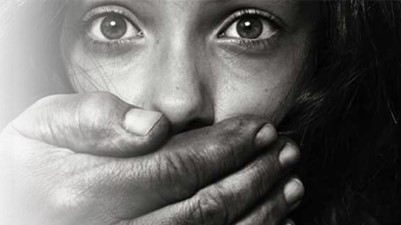Voluntourism must be regulated to protect children from exploitation: UN expert
Voluntourism is a form of tourism in which travellers participate in voluntary work, typically for a charity.

Voluntourism must be regulated and monitored, to protect children from exploitation and sexual abuse, a UN expert told the General Assembly yesterday.
“The post pandemic recovery has resulted to a significant rise in travel and tourism, and this has exposed children to risks, particularly within the largely unregulated voluntourism sector,” said Mama Fatima Singhateh, UN Special Rapporteur on the sale and exploitation of children in her report to the General Assembly.
Voluntourism is a form of tourism in which travellers participate in voluntary work, typically for a charity.
“The growth in technological advancements and in travel and new forms of tourism and travel products such as voluntourism put children at risk of exploitation especially in places where legal protection is weak and child protection systems are inadequate,” Singhateh said.
The report highlights good practices and makes recommendations for the formulation, strengthening and implementation of child safeguarding standards that tackle and respond to this problem. It urges Governments to put in place measures that prohibit the use of unskilled and untrained volunteers in childcare institutions and facilities; regulate the private sector within the travel and tourism industry to ensure compliance with business and child rights obligations and implement the “do no harm” principle in all policy making and actions.
Singhateh highlighted the importance of developing inter-agency cross-sectoral initiatives that bring together advocates from across the child protection sectors, education, media, tourism, and faith-based organisations to foster actions towards addressing and responding to the adverse effects of voluntourism, particularly in orphanage settings.
The Special Rapporteur concluded by urging all stakeholders to work towards an effective implementation of the Framework Convention on Tourism Ethics, the Code of Conduct for the Protection of Children from Sexual Exploitation in Travel and Tourism, and the “Protect, Respect and Remedy” framework of the UN Guiding Principles on Business and Human Rights. The collaborative roles of the government, private sector, civil societies and other stakeholders in implementing tourism policies and strategies, is key to making progress in protecting children from the adverse effects of voluntourism, Singhateh said.
- READ MORE ON:
- children
- Voluntourism










